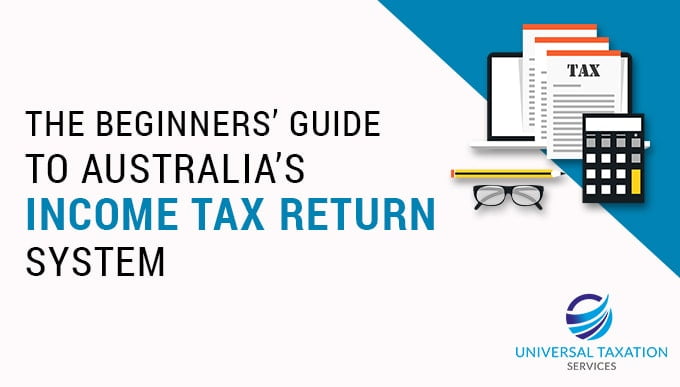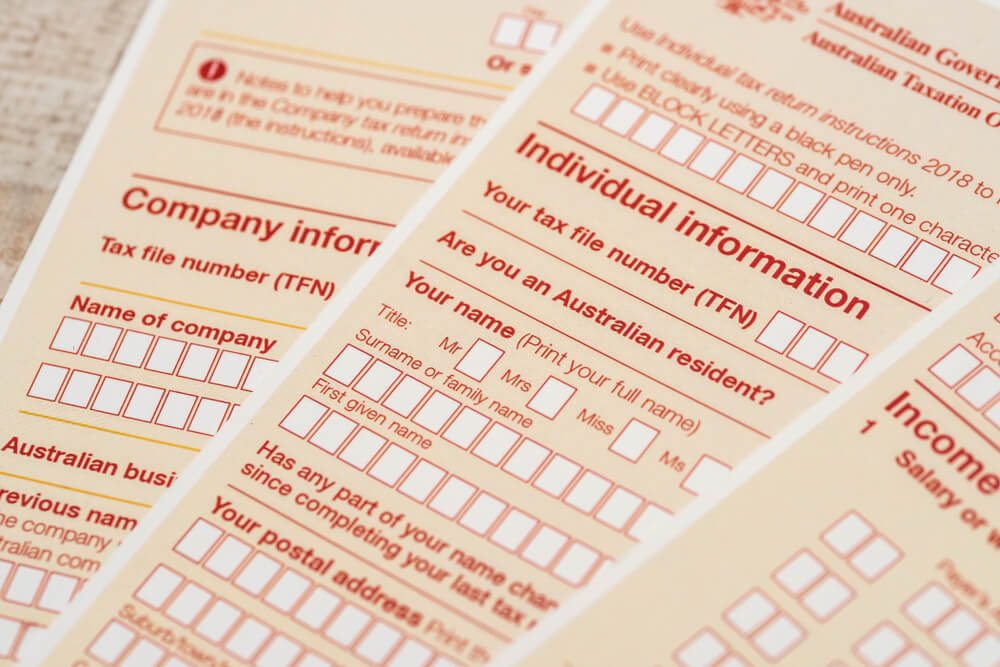What You Should Know About the Australian Tax Return Before Filing
What You Should Know About the Australian Tax Return Before Filing
Blog Article
Making Uses Of a Tax Return: Unlocking Potential Savings and Ensuring a Larger Tax Obligation Reimbursement
The tax return serves as a crucial instrument for individuals seeking to enhance their economic outcomes, using countless avenues for prospective cost savings and boosted refunds. The complexities of tax laws and the ever-evolving landscape of tax law necessitate a comprehensive understanding of readily available options.
Understanding Tax Obligation Reductions
Many taxpayers may find themselves bewildered by the intricacies of tax obligation reductions, yet recognizing these essential components is crucial for making best use of potential financial savings. Tax obligation reductions lower taxed revenue, consequently decreasing the general tax liability for businesses and people. Acquainting oneself with the different types of deductions readily available can substantially improve one's capability to optimize income tax return.
Reductions can be categorized right into itemized and basic reductions. The conventional reduction supplies a fixed decrease in taxable revenue, while itemized deductions permit taxpayers to mention specific expenses, such as home mortgage passion, state taxes, and philanthropic contributions. Taxpayers ought to assess which option produces the biggest advantage, as picking the ideal deduction technique can lead to considerable financial savings.
Additionally, it is important to preserve precise documents of insurance deductible expenses throughout the tax year. This technique not just helps with the prep work of tax obligation returns yet also guarantees compliance with internal revenue service needs. Taxpayers should also remain informed about modifications in tax legislations that might influence qualified deductions, as these can vary every year. By successfully going across the landscape of tax obligation reductions, people can reveal the potential for a more beneficial tax outcome and protected higher monetary benefits.
Checking Out Tax Credit Reports
Tax obligation credit scores stand for one more notable method for taxpayers to minimize their general tax responsibility, enhancing the advantages acquired from deductions. Unlike deductions, which lower gross income, tax credit reports supply a dollar-for-dollar reduction of the actual tax obligation owed. This distinction makes tax credit reports specifically useful for people seeking to maximize their cost savings.
There are two primary sorts of tax obligation credit reports: nonrefundable and refundable. Nonrefundable credit scores can minimize your tax obligation responsibility to no however not listed below that quantity, while refundable credit scores can result in a refund if the credit scores go beyond the tax owed. Instances of generally claimed tax obligation credit scores include the Earned Income Tax Credit Report (EITC), the Kid Tax Debt, and education-related credit histories like the American Chance Credit History.
Eligibility demands for these credit reports can vary considerably, frequently based on income, filing status, and certain circumstances. Taxpayers must extensively examine the criteria linked with each credit scores to determine they assert all advantages for which they qualify. By strategically using available tax credit reports, individuals can improve their tax returns, inevitably resulting in significant financial savings and possibly bigger reimbursements.
Investing Your Refund Sensibly
Obtaining a Tax refund can seem like a monetary windfall, but how that cash is used can exceptionally impact lasting economic health and wellness. As opposed to viewing your reimbursement as non reusable income, consider it an opportunity to purchase your future.


One effective alternative is adding to a Specific Retired Life Account (IRA) This can boost your retirement savings while potentially generating tax benefits. Spending in a diversified Clicking Here supply profile can offer substantial growth possibility over time, enabling your reimbursement to function for you in the market.
Furthermore, consider using your reimbursement to pay down high-interest financial obligation, such as charge card balances. Minimizing financial obligation can enhance your economic standing and alleviate stress and anxiety, eventually enabling you to allot even more funds toward financial investments in the future.
For those concentrated on education and learning, using your refund for a 529 college financial savings strategy can help protect a brighter future for on your own or your children.
Planning for Future Costs
Meticulously planning for future costs is crucial for maintaining financial stability and achieving long-lasting objectives. A well-structured economic strategy permits people to allocate resources properly, making sure that upcoming prices do not interrupt their financial health. Income tax return can provide a valuable structure for this preparation procedure.
Making use of the reimbursement as a springboard, individuals can determine and prioritize considerable future costs, such as home repair work, education expenses, or healthcare needs. Establishing a budget that incorporates these prepared for expenditures makes it possible for a positive technique, lessening the probability of monetary strain when the time comes to resolve them.
Additionally, alloting funds from your tax obligation refund into committed financial savings accounts can improve the performance of your preparation. Australian Tax return online. Take into consideration producing an emergency fund especially for unanticipated costs, guaranteeing that you are prepared for unpredicted scenarios without derailing your economic goals
Usual Errors to Avoid
Many individuals make essential errors when managing their tax obligation returns that can threaten their financial planning efforts. Insufficient documentation can lead to missed reductions, resulting in a reduced reimbursement or higher tax responsibility.
An additional frequent blunder is ignoring to assess tax obligation legislation changes. Tax guidelines can develop yearly, and ignorance of these adjustments may lead to missed out on chances for tax obligation credit reports or deductions. Additionally, lots of taxpayers forget qualified reductions, such as those for educational prices or medical costs.

Declaring taxes also late or too early can additionally be detrimental. Early filers may lose out on last-minute tax breaks, while late filers take the chance of charges and rate of interest.
Moreover, not seeking expert help when necessary can bring about expensive tax preparer near me errors. Tax obligation specialists can give important understandings, guaranteeing conformity and optimizing prospective cost savings.
Last but not least, rushing with the return can lead to basic math blunders or overlooked types. Taking the time to ascertain all entries is crucial for an effective income tax return result.
Conclusion
To summarize, the tactical usage of income tax return acts as a vital system for making best use of economic advantages. By thoroughly comprehending and using credit scores and deductions, people can significantly minimize gross income and improve reimbursement amounts. Additionally, sensible investment of refunds and reliable planning for future expenses add to lasting economic security. Recognition of typical challenges can also simplify the tax procedure, eventually encouraging taxpayers to take advantage of their returns for an extra safe and secure monetary future.
Tax obligation credits represent another significant avenue for taxpayers to decrease their overall tax responsibility, enhancing the advantages gained from deductions. Unlike deductions, which lower taxable earnings, tax credit scores offer a dollar-for-dollar decrease of the actual tax obligation owed. find here Nonrefundable credit ratings can lower your tax obligation liability to zero yet not listed below that quantity, while refundable credit reports can result in a reimbursement if the credit ratings surpass the tax owed. Examples of frequently asserted tax obligation credit reports consist of the Earned Income Tax Credit Scores (EITC), the Child Tax Credit history, and education-related credit scores like the American Chance Debt.
Tax obligation laws can develop every year, and ignorance of these changes might result in missed possibilities for tax obligation credit scores or reductions. - Australian Tax return online
Report this page